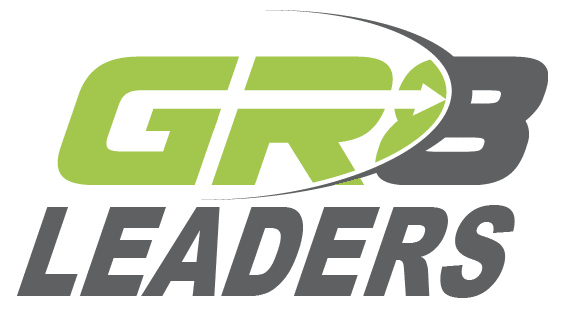Facilitating Gets Things Done starts with helping you see the value of facilitation as a skill primarily because it helps leaders use listening and questions regularly. It works because it focuses on Process, not Content. Leaders who facilitate encourage a structure where the team provides the solutions because the leader facilitates their involvement with each other and develops consensus when needed.
Facilitating Meetings is the easiest way to get proficient in the skill of facilitation. Using something like the Agenda Form and its structure will allow leaders to see how they can create more participation in meetings. There are also some basic approaches to help solve some of the common problems that show up in many meetings.
Facilitating A Delegation is about developing people and is best used in a structure of freedom. It grows the organization's capacity by developing the team and increasing the leader's freedom. Delegation is not just handing off the things leaders do not want to do, but it is a thoughtful process of planning, acting, and reviewing to increase people's capacity.
Facilitating Solutions provides some basic tools to use when working with groups. Decision-making options and simple tools like Brainstorming, Anonymous Brainstorming, Impact/Effort Grid, Force Field Analysis, and Cause & Effect Analysis help leaders facilitate results during meetings and problem-solving times. The Problem-Solving Recipe Card gives a leader a process to keep on track while facilitating a problem-solving discussion.
| Module 1 | Facilitating Gets Things Done | |
|---|---|---|
| Unit 1 | 090100 – What is Facilitation? | |
| Unit 2 | 090200 – Beliefs and Benefits | |
| Unit 3 | 090300 – Why Facilitating Works | |
| Unit 4 | 090400 – Facilitation Behaviors | |
| Unit 5 | 090500 – Facilitation Skills | |
| Unit 6 | 090600 – Facilitator Observation Form | |
| Module 2 | Facilitating Meetings | |
| Unit 1 | 090700 – Agenda Form Items | |
| Unit 2 | 090800 – Agenda Form Steps 1-3 | |
| Unit 3 | 090900 – Agenda Form Steps 4-7 | |
| Unit 4 | 091000 – Overview of Common Problems | |
| Unit 5 | 091100 – Exercise: Meeting Effectiveness | |
| Module 3 | Facilitating A Delegation | |
| Unit 1 | 091200 – Barriers to Delegating | |
| Unit 2 | 091300 – Consequences of NOT Delegating | |
| Unit 3 | 091400 – Benefits of Delegating | |
| Unit 4 | 091500 – Delegation Guidelines | |
| Unit 5 | 091600 – Exercise: List What You Do | |
| Unit 6 | 091700 – Exercise: Identify Each Item on the List | |
| Unit 7 | 091800 – Exercise: Reclassify Any “P” Items | |
| Unit 8 | 091900 – Exercise: Determine Reason for Delegating | |
| Unit 9 | 092000 – Assess Further With Direct Reports | |
| Unit 10 | 092100 – Start With THERE | |
| Unit 11 | 092200 – Assess HERE and the PATH | |
| Unit 12 | 092300 – Describe THERE | |
| Unit 13 | 092400 – Describe HERE and PATH | |
| Unit 14 | 092500 – Follow-Up on the Assignment | |
| Unit 15 | 092600 – Status/Update Report Form | |
| Module 4 | Facilitating Solutions | |
| Unit 1 | 092700 – 6 Decision Making Options | |
| Unit 2 | 092800 – Revised Process and Recipe Card | |
| Unit 3 | 092900 – Before You Start | |
| Unit 4 | 093000 – HERE | |
| Unit 5 | 093100 – THERE | |
| Unit 6 | 093200 – PATH | |
| Unit 7 | 093300 – Brainstorming | |
| Unit 8 | 093400 – Anonymous Brainstorming | |
| Unit 9 | 093500 – Impact/Effort Grid | |
| Unit 10 | 093600 – Force Field Analysis Tool | |
| Unit 11 | 093700 – Cause and Effect | |
| Unit 12 | 093800 – Importance/Satisfaction Diagram | |
| Unit 13 | 093900 – Criteria Matrix |
